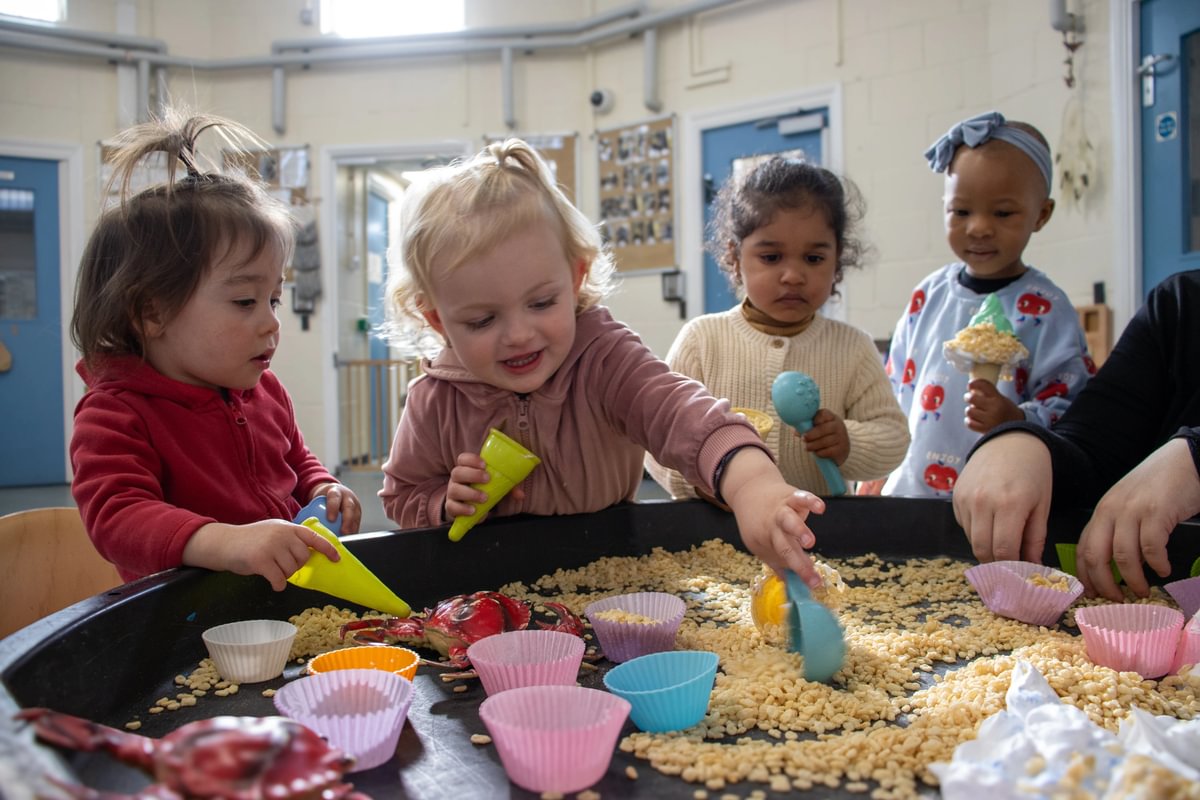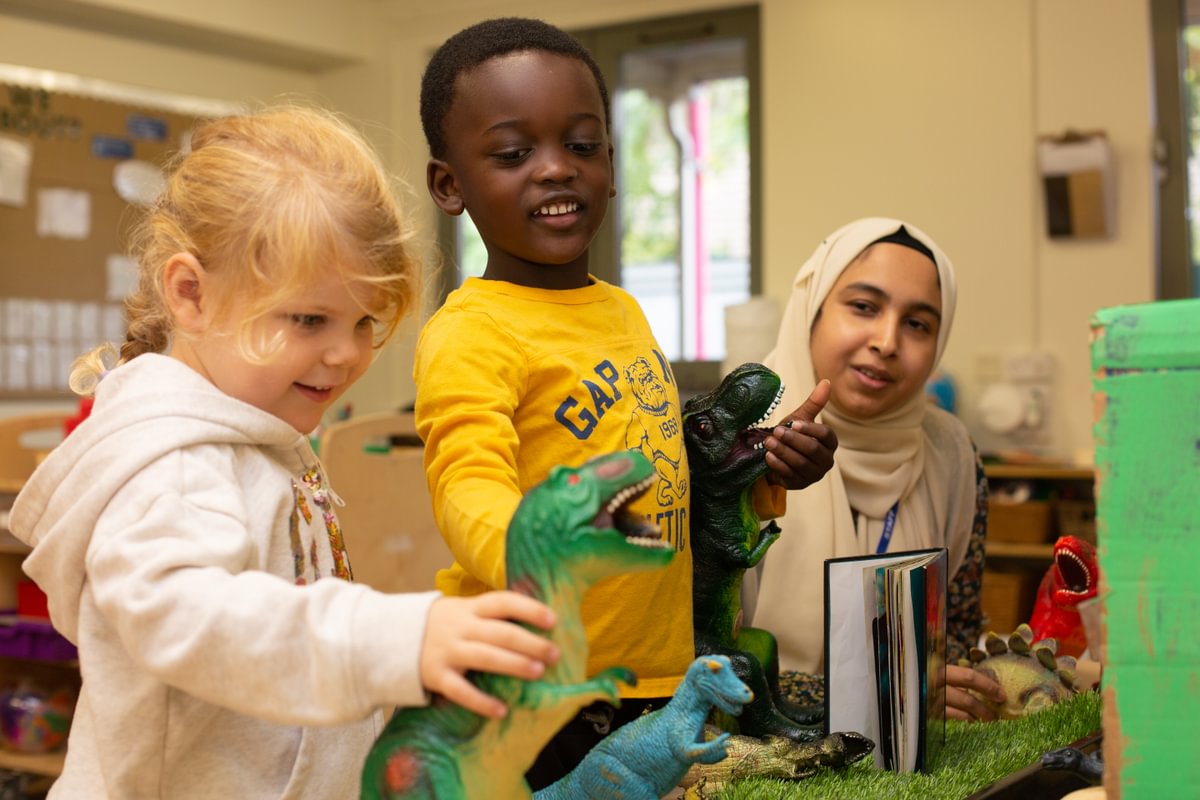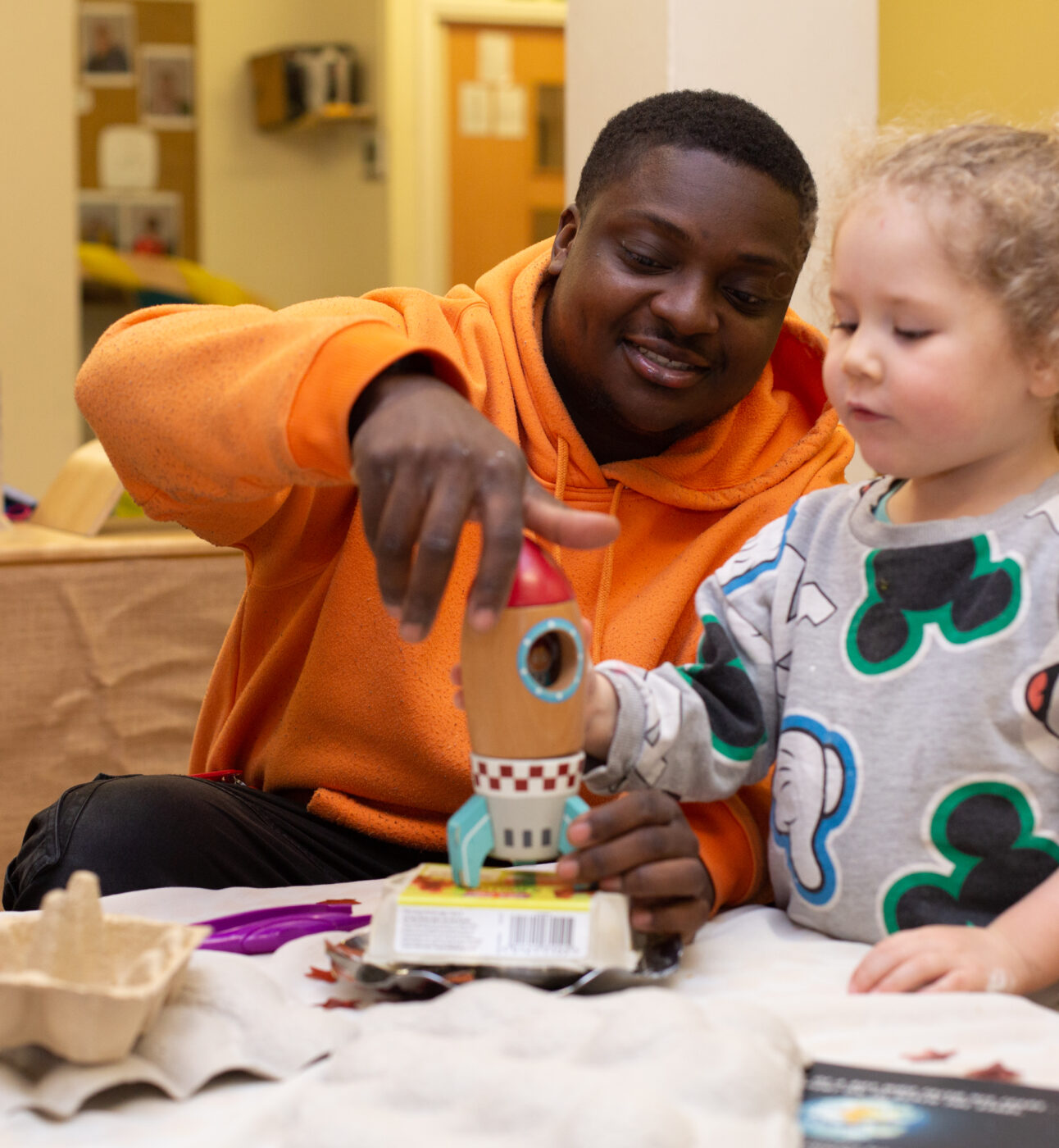
A Conversation with Ofsted: What we learned at the London OBC
On the 7th April, we held the London OBC and here is a summary for those of you who could not attend. We are trying something new,…
October 1st 2019
About a year ago, the Government suggested that it might need to refresh the EYFS and the Early Learning Goals. This elicited limited support from the sector. We were worried about them throwing the baby out with the bathwater. There was suspicion also from a sector used to being ignored and patronised by those who think they know more than us. It’s why we created independent and considered ways of getting our voice heard, such as the OBC and commissioning CEEDA to collect and collate independent research available on All About Early Years.
The response to the proposed EYFS was the formation of a coalition of members organisations which commissioned Professors Christine Pascal, Tony Bertram and Liz Rouse from Centre for Research in Early Childhood (CREC) to carry out a literature review and a survey of 3000 practitioners/teachers to ensure any changes to the EYFS can be tested against available evidence. A very good choice in my opinion!
The review looked at ten years on early childhood research, pedagogy, learning and curriculum content. What did they find?
There is NO need to make any BIG changes to the EYFS.
So what did they find that would improve the EYFS?
Children from poor and disadvantaged backgrounds continue to under achieve and they recommended some modifications to Communication and Language and Characteristics of Effective Teaching and Learning.
The review recommended that we pay more attention to how we support children’s personal social and emotional development. They included a reference to self regulation and positive learning habits to help children identify their own learning approaches and therefore secure more effective learning.
Unsurprisingly, they suggested that the ELGs should be extended to cover a wider range of learning and children should have a confident grasp of oral language and communication before been encouraged to write.
More focus on the broader concept of Early Years Mathematics. It’s not just about number. We need a big focus on conceptual mathematics, lots of practice including real life context.
There was a focus on what we understand by teaching in the Early Years. The very reason I changed my staff role titles to teacher is so we understand there are many ways to support learning and the science of play is central. In a recent blog by Julian Grenier, describing the skills of the teacher as that of an actor able to play so many roles to respond to the child’s needs, their development challenges, the available resources and learning environment. Just as we know at LEYF, they advocate that children who start from a disadvantage need more time to practice, extend and consolidate learning.
More attention to the expressive arts and design as unsurprisingly they confirmed that it underpins many other aspects of learning. Really! I wish all our Ministers would have respected this over the past 8 years.
One interesting response to the survey, which was captured by Nursery World, is that the EYFS was not the reason, staff are leaving because of “overload of paperwork”. The respondents to the survey were clear that the excessive recording was the interpretation of Ofsted requirements to evidence children’s progress. This should resolve itself now that Ofsted has seen the light and rejected the managerialist approach they inflicted in the first place. Let’s abandon the pressure to do an “observation” rather than building the ability to note and scaffold a child’s interest and their disposition of learning with teaching opportunities. Its not just about the three Rs but weaving social competence with cognitive development that builds all the core skills for learning, such as memory, concentration, attention and metacognition. Remember and display the Ofsted definition of teaching. Make it your mantra!
So nothing new, but a confirmation that we are on the right track. We don’t need a new EYFS, we need what Julian calls a “pedagogic repertoire”. This means more of you joining me in calling your staff nursery teachers and then building their mastery in the art and science of Early Years teaching.
For more information read the full report Getting it Right for the Early Years Foundation Stage; a Review of the Evidence

On the 7th April, we held the London OBC and here is a summary for those of you who could not attend. We are trying something new,…

Why the social enterprise model could be the solution to fixing England’s broken childcare system by expanding access to the communities that need it most. England is…

Social enterprises are driven by social justice and deliver a range of public services including health, social care, children, services, education, homelessness, housing, domestic abuse, public health, leisure, culture, employment,…